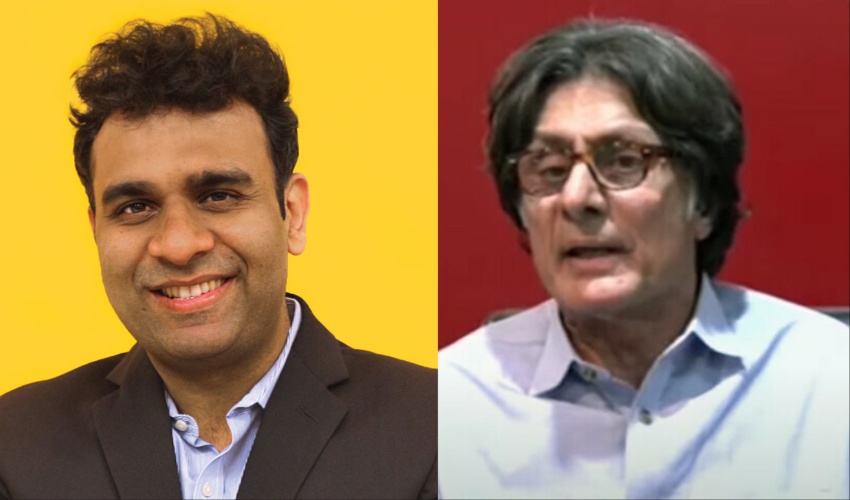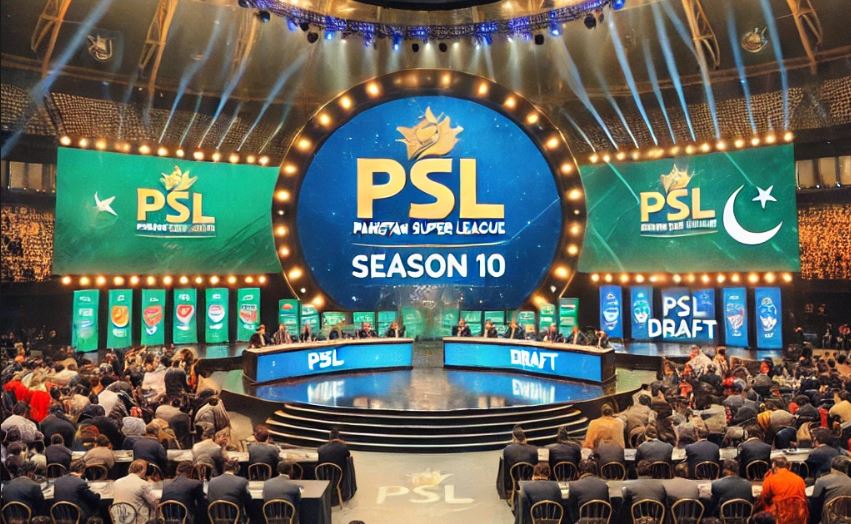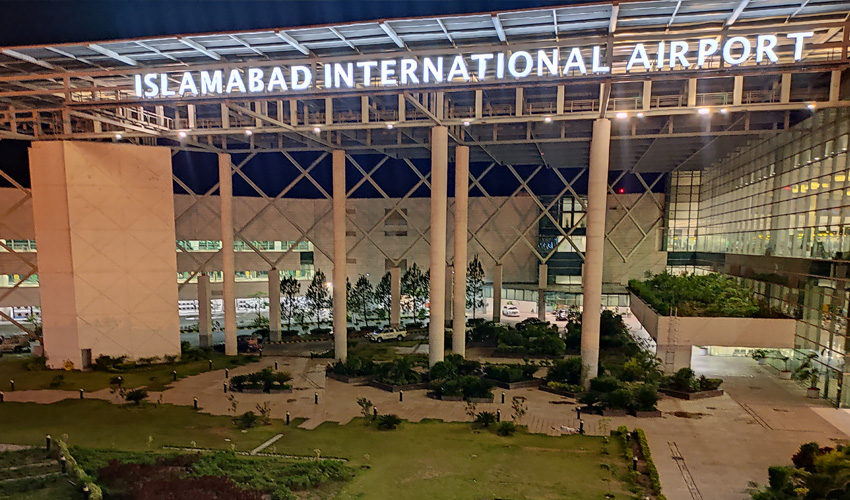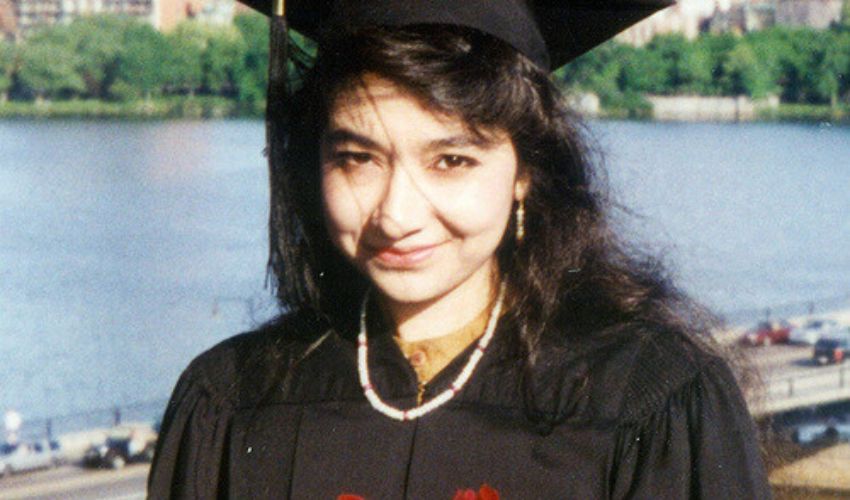WhatsApp conversations between Jibran Ilyas - a prominent figure associated with Pakistan Tehreek-e-Insaf (PTI) - and PTI Spokesperson Raoof Hasan have surfaced shedding light on an alleged anti-state narrative orchestrated from abroad.
The leaked messages, spanning from December 2023 to May 2024, suggest that Ilyas has been actively involved in promoting controversial narratives and seditious content related to the May 9 tragedy.
Evidence of propaganda efforts
According to sources, Jibran Ilyas has been directing Raoof Hasan to disseminate various forms of propaganda. This includes photos, videos, and messages aimed at inciting public sentiment against the state.
The leaked messages reveal that Ilyas provided Hasan with seditious videos and hashtags intended to fuel the narrative surrounding the May 9 incident, marking the first anniversary of the tragedy.
On May 1, 2024, Ilyas shared screenshots of TV channels discussing remarks by Justice Athar Minullah and Justice Qazi Faez Isa on the May 9 events, further suggesting an attempt to manipulate public opinion. Additionally, Ilyas promoted social media trends such as "Interference Hoti Hai" and "May 9 False Flag," demonstrating a concerted effort to influence discourse.
Financial transactions and propaganda control
The communications also include discussions about financial transactions for social media propagandists. On May 14, Ilyas reportedly requested Rauf Hasan to release salaries for social media personnel, expressing concerns over their dissatisfaction due to withheld payments. This request aligns with allegations of systematic funding by PTI to sustain their propaganda machinery.
In one message, Ilyas instructed Hasan to maintain momentum on the "False Flag" hashtag, referencing Wajahat Saeed Khan’s vlog to emphasize the campaign's impact. Ilyas praised the PTI social media team’s efforts, indicating that their campaign had significantly influenced public perception.
Analysts’ observations
Political analysts have scrutinized these messages, suggesting that Ilyas, from his foreign base, exercises substantial control over PTI’s social media activities. They speculate that external influences, including alleged connections to Indian and Zionist lobbies, may be driving the anti-state narrative propagated through these channels.
Furthermore, the use of judicial remarks as anti-state propaganda, as evidenced by the messages, raises concerns about the politicization of legal opinions. Analysts argue that these strategies reflect a broader effort to exploit political controversies and judicial comments for partisan gains.



























